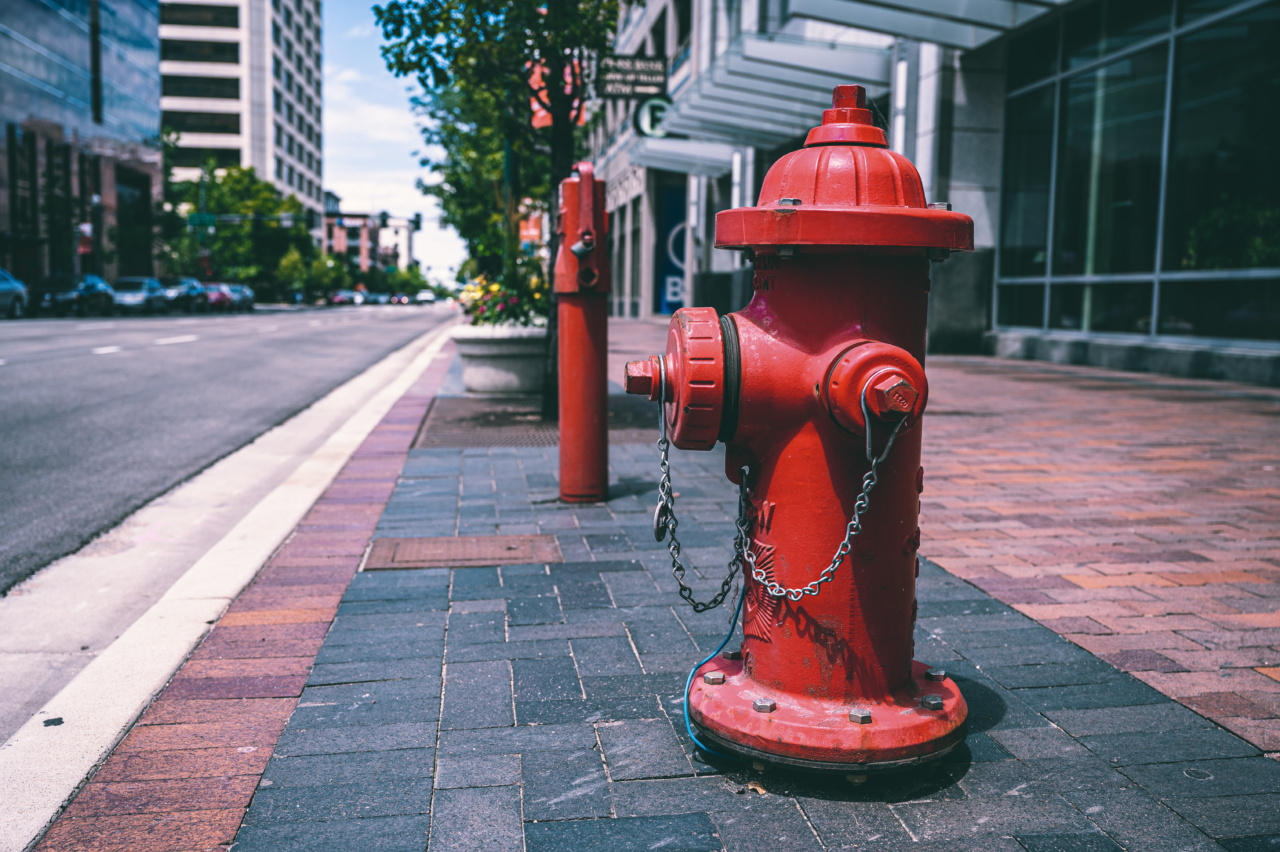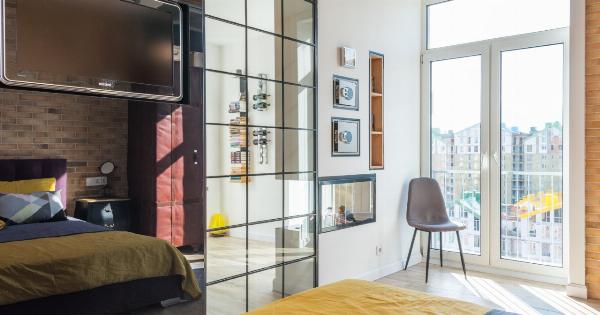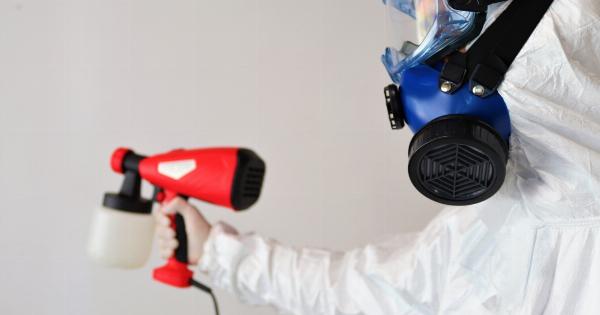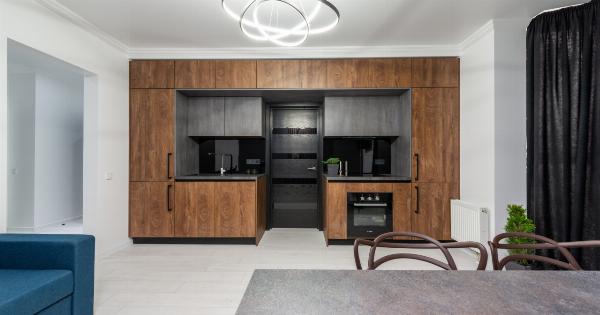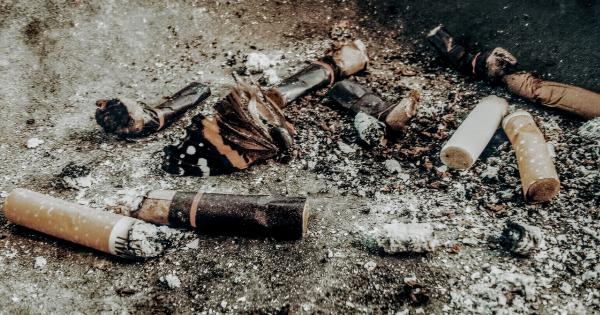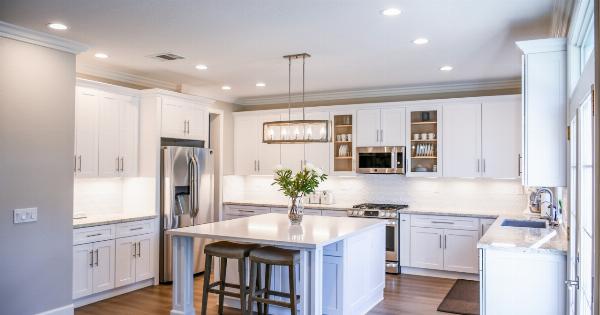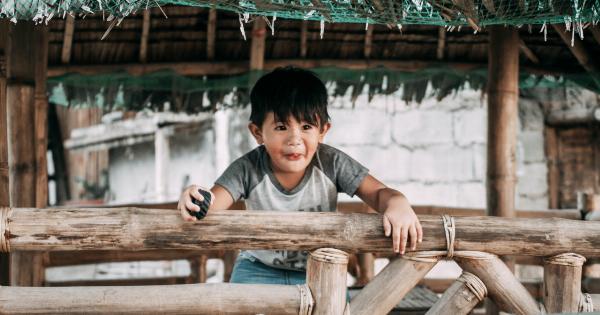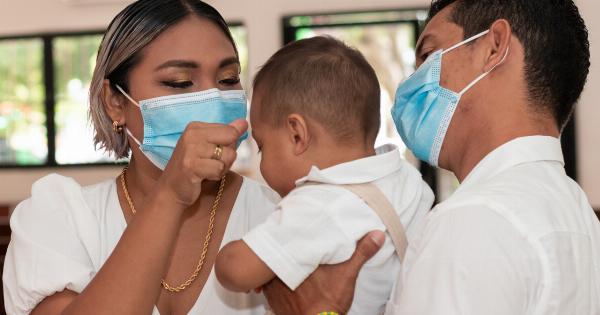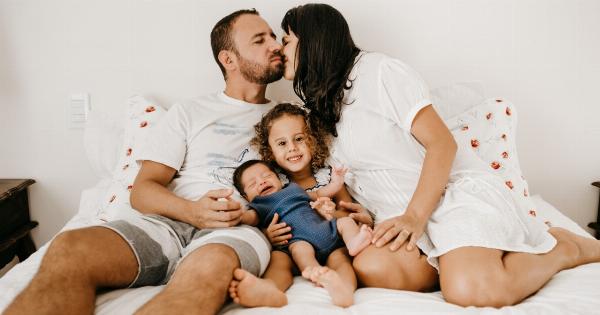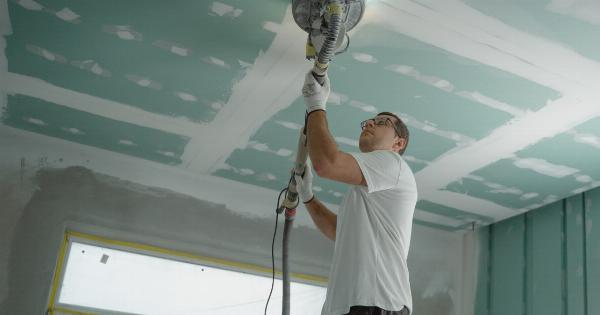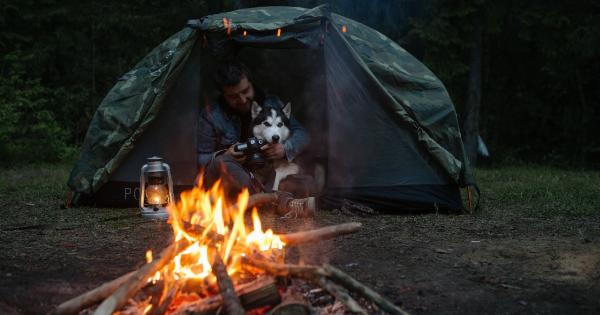When it comes to the safety of our little ones, it is of utmost importance to take all necessary precautions to protect them from potential hazards in our homes.
One common concern for parents is whether it is safe to have a fire in the house when there is a baby present. While enjoying the warmth and coziness of a fire can be appealing, it is crucial to evaluate the risks and take appropriate measures to ensure the safety of both the baby and the entire household.
The dangers of fires
Fires can pose a significant threat to everyone in a home, including babies. They can result in burns, smoke inhalation, and exposure to toxic gases.
Babies, in particular, are highly vulnerable due to their limited mobility and inability to understand potential dangers. It is essential to recognize the potential risks associated with fires and proactively address them to create a safe environment.
Preventive measures to ensure fire safety
While it is generally recommended to avoid having an open fire in a house when a baby is present, there are certain preventive measures that can be taken to minimize the associated risks:.
1. Install smoke alarms and carbon monoxide detectors
Having functional smoke alarms and carbon monoxide detectors is crucial for fire safety in any home, especially when babies are present. These alarms provide an early warning system that can help evacuate the house quickly in the event of a fire.
Regularly check the batteries to ensure they are in working condition.
2. Use a fireplace gate or screen
Invest in a sturdy fireplace gate or screen to prevent the baby from accessing the fireplace and coming into direct contact with the flames, sparks, or hot surfaces.
Ensure that the gate or screen is securely installed and cannot be easily knocked over by curious little hands.
3. Keep flammable materials away from the fireplace
Ensure that any flammable materials, such as curtains, furniture, or toys, are kept at a safe distance from the fireplace. Sparks or embers from the fire can ignite these materials and quickly escalate into a hazardous situation.
4. Never leave the baby unattended near a fire
It is essential to supervise the baby at all times when a fire is lit. Never leave the baby unattended near an open fire, even for a moment.
Babies are naturally curious and may try to touch or crawl towards the fire, resulting in potential accidents or injuries.
5. Teach older children about fire safety
If there are older children in the house, it is crucial to educate them about fire safety and the potential dangers associated with fire.
Teach them not to play with matches or lighters and to alert an adult immediately if they notice any fire-related hazards.
6. Have a fire extinguisher readily available
Ensure that a fire extinguisher is easily accessible in case of emergencies. Familiarize yourself with its proper usage and keep it within reach of the fireplace.
Additionally, educate yourself on the different types of extinguishers to choose the most appropriate one for different types of fires.
7. Maintain the fireplace and chimney
Regularly maintain and clean the fireplace and chimney to prevent the buildup of creosote or other flammable substances.
Schedule annual inspections by a professional to ensure that the fireplace and chimney are in good working condition and pose no risks.
8. Consider alternatives
If you have concerns about the safety of having an open fire with a baby in the house, consider using alternative heating sources, such as electric heaters or gas fireplaces that come with safety features like automatic shut-off mechanisms and heat-resistant barriers.
9. Prepare an emergency escape plan
Prepare an emergency escape plan in case of a fire, including a designated meeting point outside the house. Practice the escape plan with all family members, including older children, and ensure they know how to evacuate safely.
10. Consult with professionals
If you are unsure about the safety of having a fire with a baby in the house, it is always best to consult with professionals, such as pediatricians or fire safety experts.
They can provide personalized advice and guidance based on your specific circumstances.
Conclusion
While having a fire in the house can create a warm and inviting ambiance, it is essential to prioritize the safety of your baby and take appropriate precautions.
By implementing preventive measures, educating family members about fire safety, and being vigilant, you can minimize the risks associated with having a fire in the house. However, always assess your individual situation and consult with professionals to make an informed decision that prioritizes the safety and well-being of your baby.
